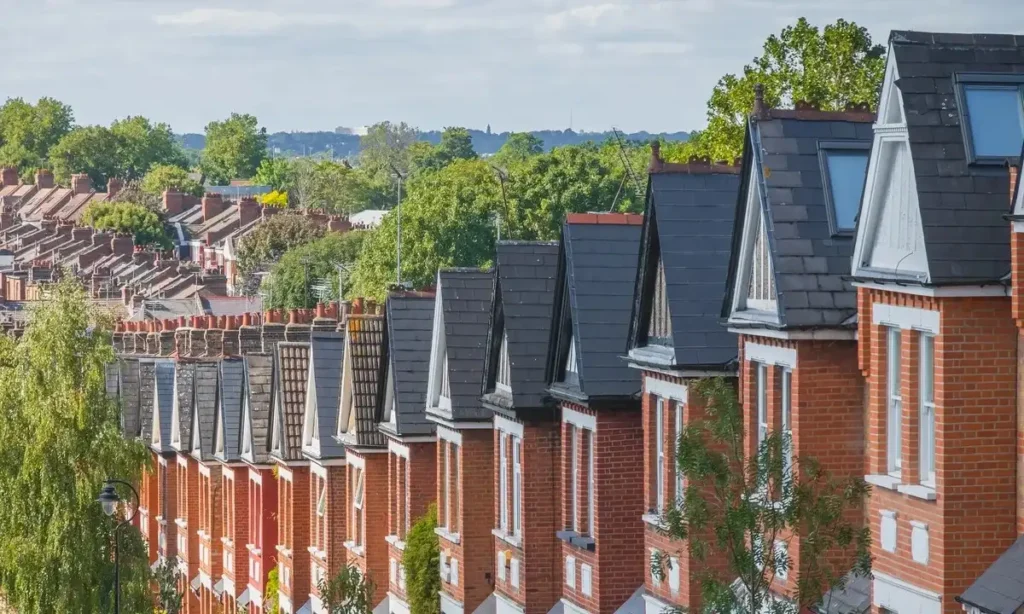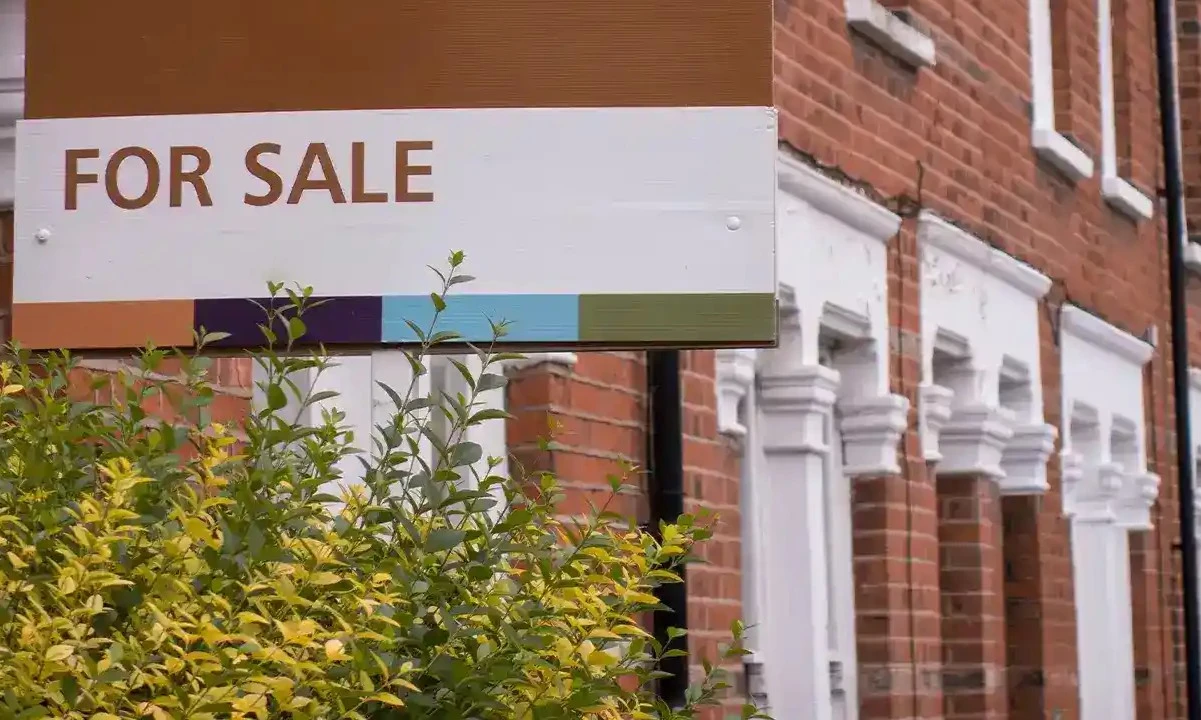UK house prices continued to climb, with the average home now costing £299,331, according to the latest Halifax House Price Index. This is the third month in a row that prices have risen, pushing the market to a new record high. While values are edging higher, the pace of annual growth has slowed slightly to 2.2 per cent, compared with 2.5 per cent in July. Economists had expected only a small rise last month, so Halifax’s figures suggest the market is holding up better than many predicted.
Northern Ireland Tops the Growth Table
The standout performer once again is Northern Ireland, where property values jumped 8.1 per cent in the past year. Although this is down a little from July’s 9.3 per cent, it is still the strongest growth anywhere in the UK. By comparison, Scotland saw prices increase by 4.9 per cent, while the North East, North West and Yorkshire also recorded solid gains of more than 4 per cent. At the other end of the scale, the South West slipped into negative territory with prices falling 0.8 per cent year-on-year.
First-Time Buyers Catch a Break

For first-time buyers, the picture looks slightly brighter. Halifax reported that the average price paid by those getting on the property ladder has fallen by 0.6 per cent since May, now standing at around £237,577. This easing may offer some relief to buyers struggling with affordability, especially after several years of sharp price growth. Halifax added that house prices overall have barely moved this year up by less than £600 since January showing how stable the market has become in 2025.
Regional Gaps Are Widening
The latest data also highlights a growing north-south divide in housing trends. Regions such as Northern Ireland and Scotland are seeing far stronger growth compared with southern areas. London, the most expensive part of the country, recorded only a 0.8 per cent annual rise, with the average home now priced at £541,615. While still far above the national average, this slower growth reflects affordability pressures and weaker demand in the capital.
What Experts Are Saying
Amanda Bryden, head of mortgages at Halifax, described the current market as “one of stability.” She pointed to competitive mortgage deals, wage growth that is outpacing house price inflation, and improved consumer confidence as key factors keeping the market steady. However, analysts warn that challenges remain. Rising mortgage rates, uncertainty around employment, and speculation ahead of the Autumn Budget could weigh on confidence later this year. Some experts believe buyers and sellers may hold off making big decisions until more clarity emerges on possible housing policies and tax changes.
What This Means Going Forward
For buyers, the small drop in first-time buyer prices could open a rare opportunity to step onto the ladder. For sellers, the story is mixed properties in Northern Ireland and northern England are moving up in value, while the South West and London are seeing slower progress. With the Budget approaching in November, the market may shift again depending on government plans for housing and taxation. For now, though, Northern Ireland continues to lead the way, showing that regional strength is keeping the UK housing market ticking despite wider economic uncertainty.



